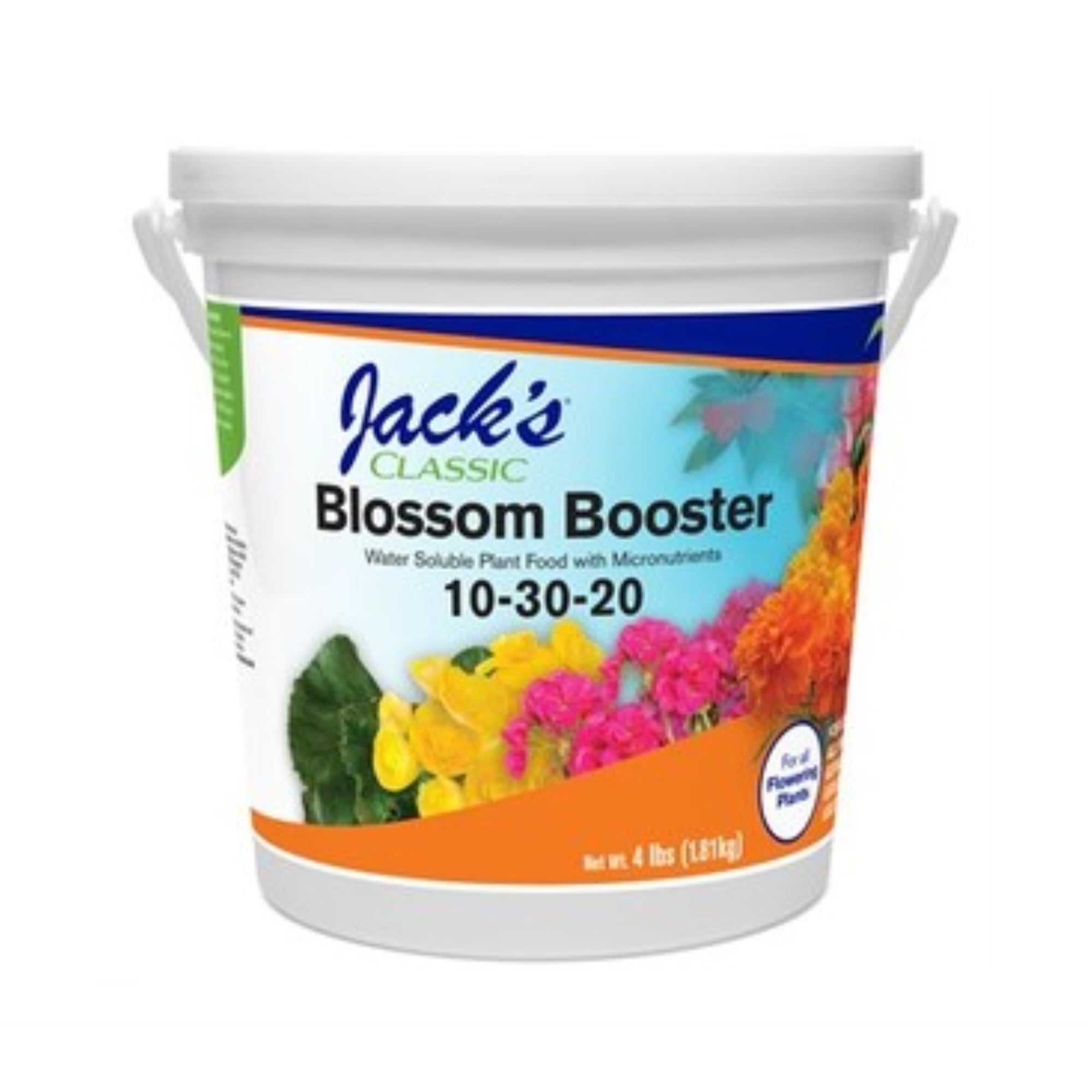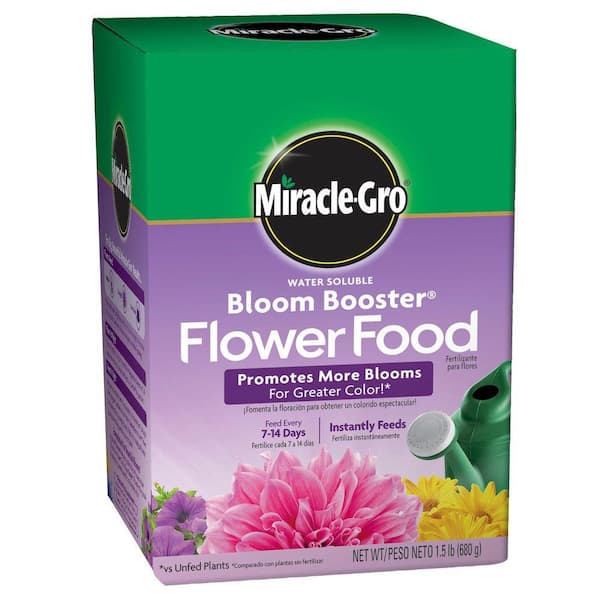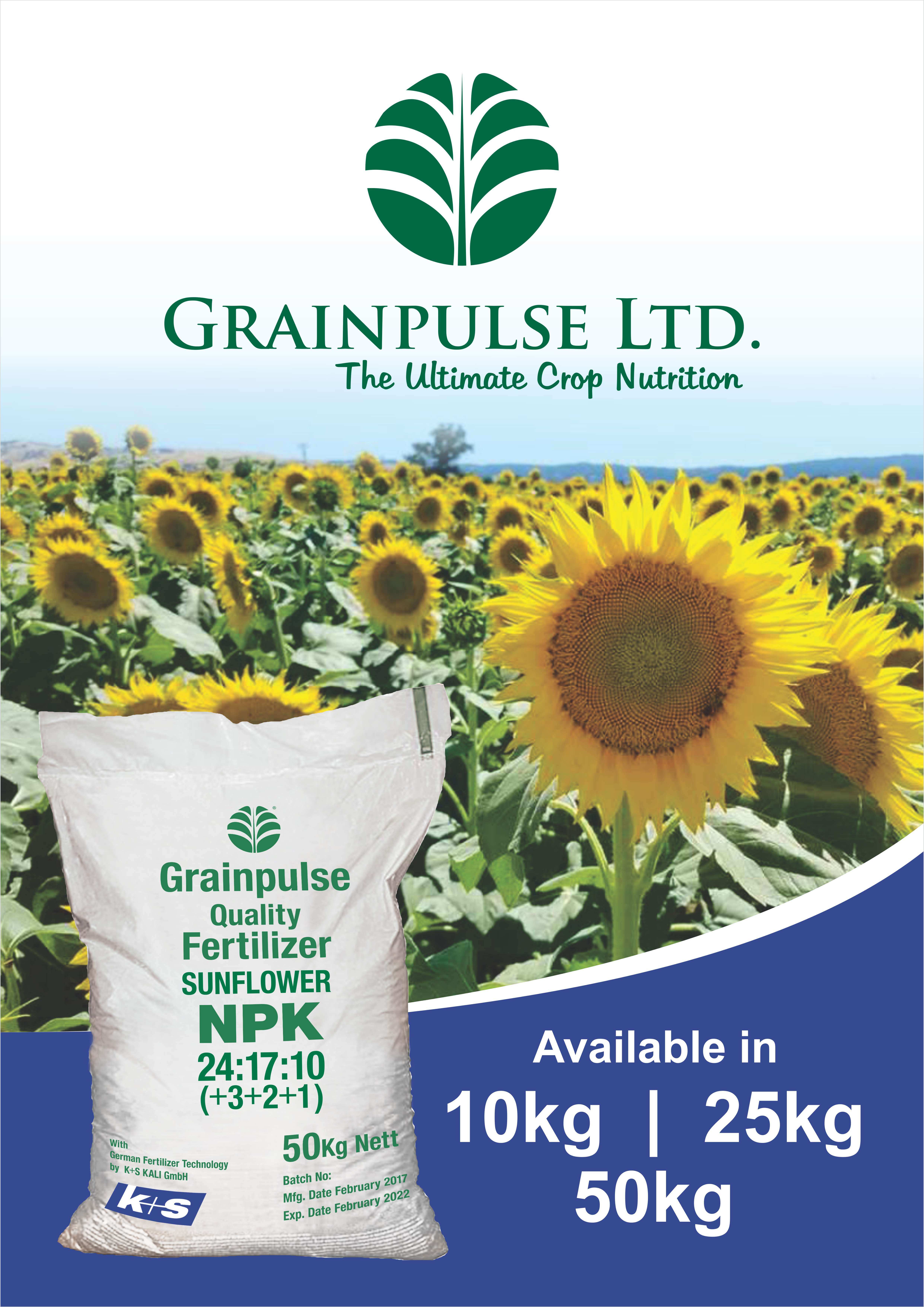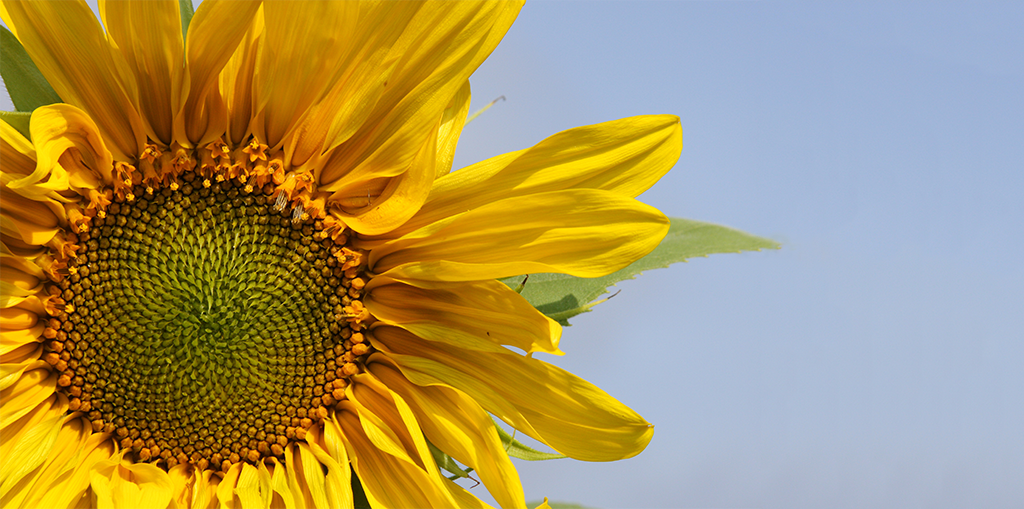Best Sunflower Fertilizers For Huge Healthy Plants
Title: Best Sunflower Fertilizers for Huge Healthy Plants
Introduction:
Sunflowers are a beautiful and popular flower that can add a touch of sunshine to any garden. But in order to grow healthy and huge sunflowers, they need the right nutrients. That's where fertilizer comes in.
Fertilizer provides sunflowers with the essential nutrients they need to grow strong and tall, with big, bright blooms. But not all fertilizers are created equal. Some are better suited for sunflowers than others.
In this blog post, we'll take a look at some of the best sunflower fertilizers on the market. We'll discuss their benefits, drawbacks, and how to use them to get the most out of your sunflowers.
Main Content:
What are the essential nutrients for sunflowers?
Sunflowers need three main nutrients to grow healthy and strong: nitrogen, phosphorus, and potassium. Nitrogen helps plants grow green leaves and stems. Phosphorus helps plants develop strong roots and flowers. Potassium helps plants resist disease and stress.
In addition to these three main nutrients, sunflowers also need smaller amounts of other nutrients, such as calcium, magnesium, and sulfur.
What are the different types of sunflower fertilizers?
There are two main types of sunflower fertilizers: organic and inorganic. Organic fertilizers are made from natural materials, such as manure, bone meal, and fish emulsion. Inorganic fertilizers are made from synthetic chemicals.
Organic fertilizers are generally considered to be more beneficial for sunflowers than inorganic fertilizers. This is because organic fertilizers release nutrients slowly over time, which helps to prevent nutrient burn. Inorganic fertilizers, on the other hand, can release nutrients too quickly, which can damage sunflower roots.
What are some of the best sunflower fertilizers?
Here are some of the best sunflower fertilizers on the market:
- Down to Earth Organic Bone Meal Fertilizer is a slow-release organic fertilizer that is high in phosphorus. It is ideal for use in the spring, when sunflowers are first planted.

- Jack's Classic Blossom Booster Fertilizer is a water-soluble inorganic fertilizer that is high in phosphorus and potassium. It is ideal for use during the growing season, when sunflowers are actively growing.

- Miracle-Gro Bloom Booster Flower Food is another water-soluble inorganic fertilizer that is high in phosphorus and potassium. It is also a good choice for use during the growing season.

- Espoma Organic Bone Meal is another organic fertilizer that is high in phosphorus. It is similar to Down to Earth Organic Bone Meal Fertilizer, but it is a bit more expensive.

- Scotts Super Bloom Plant Food is an inorganic fertilizer that is high in phosphorus, potassium, and nitrogen. It is a good choice for use in the spring and fall, when sunflowers are first planted and when they are preparing to bloom.

How to use sunflower fertilizer
The best way to use sunflower fertilizer will vary depending on the type of fertilizer you choose. Organic fertilizers are typically applied to the soil around the sunflower plant. Inorganic fertilizers can be applied to the soil or dissolved in water and applied as a foliar spray.
Follow the directions on the fertilizer label carefully to determine the correct amount to use and how often to apply it.
Conclusion
By using the right fertilizer, you can help your sunflowers grow healthy and huge. Choose a fertilizer that is high in phosphorus and potassium, and apply it to the soil or as a foliar spray according to the directions on the label. With a little care and attention, you can enjoy beautiful sunflowers all summer long.
Are you looking for the best fertilizer for your sunflowers? Visit Home Gardening today to learn more about the different types of sunflower fertilizer available and how to choose the right one for your needs. Our team of experts can help you find the perfect fertilizer to help your sunflowers grow big and strong.
In addition to providing information about sunflower fertilizer, Home Gardening also offers a variety of other resources for sunflower growers, including planting guides, pest control tips, and harvesting advice. So whether you're a beginner or a seasoned pro, Home Gardening is the perfect resource for all things sunflowers.
Visit Home Gardening today to learn more about sunflower fertilizer and how to grow the most beautiful sunflowers in your neighborhood!
FAQ of sunflower fertilizer
- What kind of fertilizer do sunflowers need?
Sunflowers need a balanced fertilizer that contains nitrogen, phosphorus, and potassium. A good NPK ratio for sunflowers is 10-10-10, but a fertilizer with a slightly lower nitrogen content (such as 5-10-10) can also be used.
- When should I fertilize sunflowers?
You should fertilize sunflowers once a month during the growing season. The first fertilizer application should be made when the plants are about 6 inches tall. You can then fertilize them again every 4-6 weeks after that.
- How much fertilizer should I use?
The amount of fertilizer you use will depend on the size of your sunflower plants and the type of fertilizer you are using. Follow the directions on the fertilizer label for specific application rates.
- What are the signs of a sunflower that needs fertilizer?
Sunflowers that need fertilizer will often have yellow leaves, stunted growth, or small flowers. If you notice any of these signs, it is time to fertilize your plants.
- What are some organic fertilizers that I can use for sunflowers?
There are many organic fertilizers that you can use for sunflowers, such as compost, manure, bone meal, and fish emulsion. These fertilizers are a good choice for people who want to avoid using chemical fertilizers.
- How do I apply fertilizer to sunflowers?
You can apply fertilizer to sunflowers by sprinkling it around the base of the plants or by mixing it into the soil before planting. If you are using a water-soluble fertilizer, you can dissolve it in water and then water the plants with the solution.
- What are some tips for fertilizing sunflowers?
Here are some tips for fertilizing sunflowers:
* Test your soil before you fertilize to see what nutrients your plants need.
* Apply fertilizer to moist soil.
* Avoid fertilizing your plants too close to the time of flowering, as this can encourage leggy growth.
* Water your plants well after fertilizing.
Image of sunflower fertilizer
- A bag of sunflower fertilizer with the label facing the camera. The label shows the name of the fertilizer, the nutrient content, and the directions for use.

- A close-up of the nutrient content on the label of the sunflower fertilizer. The label shows that the fertilizer is high in nitrogen, phosphorus, and potassium.

- A handful of sunflower fertilizer granules. The granules are a light brown color and have a slightly granular texture.

- A sunflower plant that has been fertilized. The plant is healthy and green, and it has large, yellow flowers.

- A soil test kit that can be used to determine the nutrient needs of sunflower plants.

- A farmer applying sunflower fertilizer to a field of sunflower plants. The farmer is using a fertilizer spreader to evenly distribute the fertilizer over the field.

- A group of sunflower plants that have not been fertilized. The plants are pale green and have small, underdeveloped flowers.

- A comparison of two sunflower plants, one that has been fertilized and one that has not been fertilized. The fertilized plant is much taller and has larger, yellow flowers than the unfertilized plant.

- A chart that shows the recommended fertilizer rates for sunflower plants at different stages of growth.

- A table that lists the nutrient content of different types of sunflower fertilizer.
Post a Comment for " Best Sunflower Fertilizers For Huge Healthy Plants"